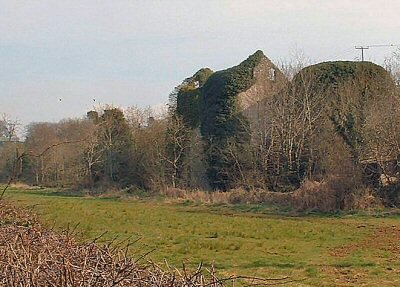In the aftermath of Kinsale (1601) – in which battle over 1200 Irish were slaughtered and decapitated even in flight – Sir Arthur Chichester advocated a ruthless policy across the country of spoilation, terror and destruction that before long became the policy of Mountjoy’s forces. In places where
One English report noted how three old women in the Newry area had been enticing young children to their camp where they were ‘surprised, killed and eaten’. The women were duly executed for their crime, having been exposed by a ‘great girl’ who had escaped their clutches and had informed some English officers who found skulls and bones to justify the allegations.
In a wood near Newry Chichester’s forces encountered a peculiar odour…
‘… a great savour, as it were roasting or broiling of flesh; the governor sent out the soldiers to search the wood, and they found a cabin where a woman was dead, and five children by her made fire to her thighs and arms and sides, roasting her flesh and eating it.
The governor went to the place to see it and demanded of them why they did so; they answered they could not get any other meat. It was demanded where their cows were and they said the English had taken them away.
Also it was demanded when the woodkern (rebels) were there and they answered not in three days before. It was asked of them whether they would have meat or money to relieve them; they answered both meat and money; so the governor commanded to collect a proportion of victuals from among the soldiers’ knapsacks, and left it with them and so departed.’
It was the ‘spoiled earth’ policy of the English that caused this famine and desolation. Indeed the above and other such chronicles might be read as attempts made by the English forces to salve guilty consciences for the depredations unleashed by them.
